London court rejects Ganić extradition
A London court has today announced that it would not enable the extradition of Ejup Ganić to Serbia.
Tuesday, 27.07.2010.
10:25

A London court has today announced that it would not enable the extradition of Ejup Ganic to Serbia. Ganic was a war-time Muslim member of Bosnia-Herzegovina presidency, and is wanted in Serbia on war crimes charges. London court rejects Ganic extradition The decision was today announced two weeks after the main hearing was held, and almost five months after police in Britain detained Ganic in London. Serbian War Crimes Prosecution said that Belgrade will soon decided whether to appeal against the decision to a higher instance court. Incidents from the very beginning of the war Bosnia, on May 2 and 3, 1992, that Ganic is charged for, were discussed in detail in the beginning of the month before the Westminster Magistrates' Court. Yugoslav People’s Army (JNA) at the time held President of the Bosnia-Herzegovina’s Presidency Alija Izetbegovic "in some kind of captivity", says our reporter, so Ganic took over his authority. The Serbian War Crimes Prosecution claims that he is therefore responsible for several incidents qualified as war crimes, including the ambush attack on a JNA convoy, that was retreating according to a previous agreement. The case, known as the Dobrovoljacka St. massacre, resulted in the deaths of scores of soldiers. Ganic’s lawyers claimed that the proceeding which has been launched in Belgrade was politically motivated and that Serbia abused British laws which allowed it to file the extradition request. They tried to argue that the possible responsibility of their client had already been investigated by the Hague Tribinal and international prosecutor in Sarajevo, and that it had been determined in both cases that there was no basis for an indictment. The defense counsels also called several witnesses who said that Ganic could not have a fair trial in Belgrade. The British prosecutor presented the evidence gathered by his Serbian counterpart and tried to convince the judge that the events in Sarajevo, witness statements and transcripts of radio communication were sufficient to conclude that Ganic should stand trial in order to determine his guilt or innocence. The prosecutor argued against claims about the likelihood Ganic would not receive a fair trial by presenting reports which praised war crimes trials in Belgrade, and repeating that each verdict made in Serbia was a subject to an appeal before the European Court of Human Rights (ECHR) in Strasbourg.
London court rejects Ganić extradition
The decision was today announced two weeks after the main hearing was held, and almost five months after police in Britain detained Ganić in London.Serbian War Crimes Prosecution said that Belgrade will soon decided whether to appeal against the decision to a higher instance court.
Incidents from the very beginning of the war Bosnia, on May 2 and 3, 1992, that Ganić is charged for, were discussed in detail in the beginning of the month before the Westminster Magistrates' Court.
Yugoslav People’s Army (JNA) at the time held President of the Bosnia-Herzegovina’s Presidency Alija Izetbegović "in some kind of captivity", says our reporter, so Ganić took over his authority. The Serbian War Crimes Prosecution claims that he is therefore responsible for several incidents qualified as war crimes, including the ambush attack on a JNA convoy, that was retreating according to a previous agreement.
The case, known as the Dobrovoljačka St. massacre, resulted in the deaths of scores of soldiers.
Ganić’s lawyers claimed that the proceeding which has been launched in Belgrade was politically motivated and that Serbia abused British laws which allowed it to file the extradition request.
They tried to argue that the possible responsibility of their client had already been investigated by the Hague Tribinal and international prosecutor in Sarajevo, and that it had been determined in both cases that there was no basis for an indictment. The defense counsels also called several witnesses who said that Ganić could not have a fair trial in Belgrade.
The British prosecutor presented the evidence gathered by his Serbian counterpart and tried to convince the judge that the events in Sarajevo, witness statements and transcripts of radio communication were sufficient to conclude that Ganić should stand trial in order to determine his guilt or innocence.
The prosecutor argued against claims about the likelihood Ganić would not receive a fair trial by presenting reports which praised war crimes trials in Belgrade, and repeating that each verdict made in Serbia was a subject to an appeal before the European Court of Human Rights (ECHR) in Strasbourg.











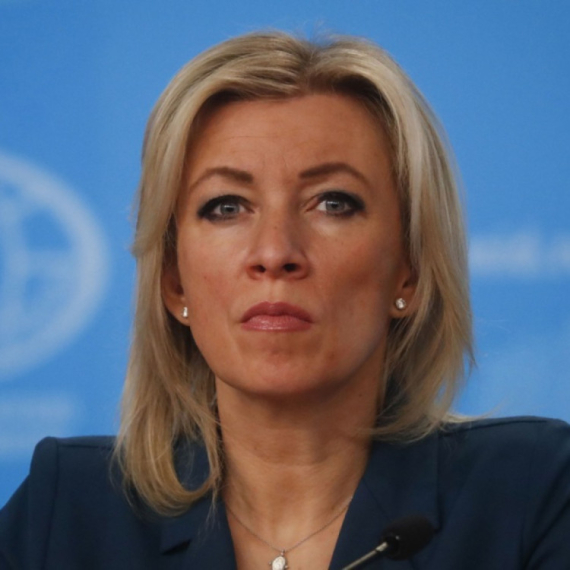


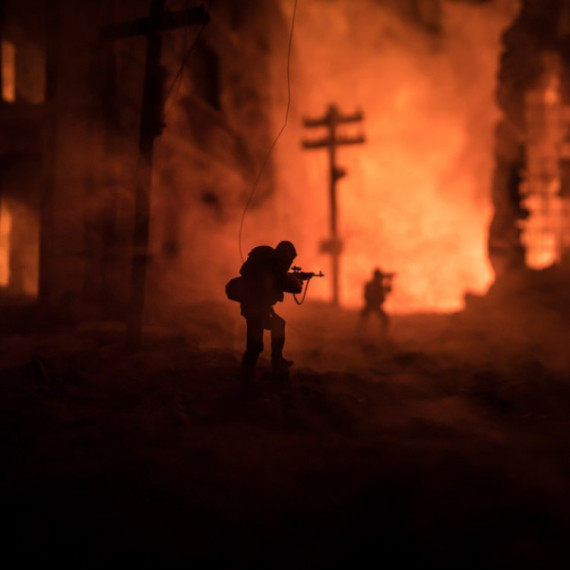


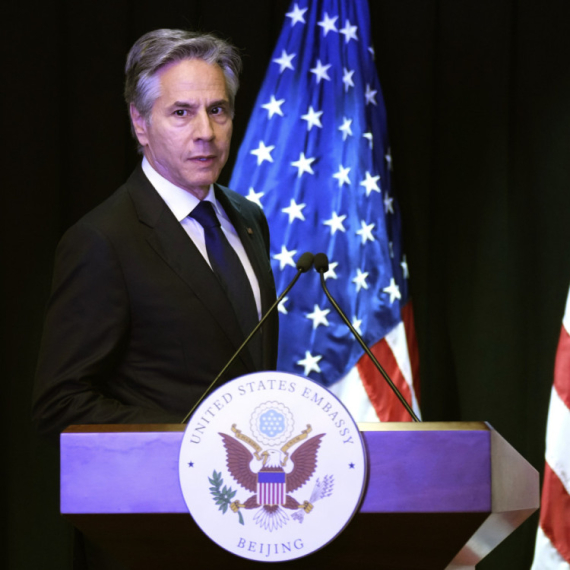
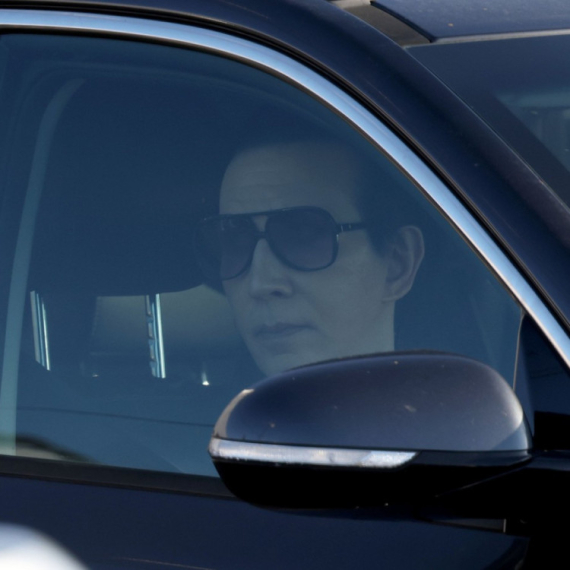


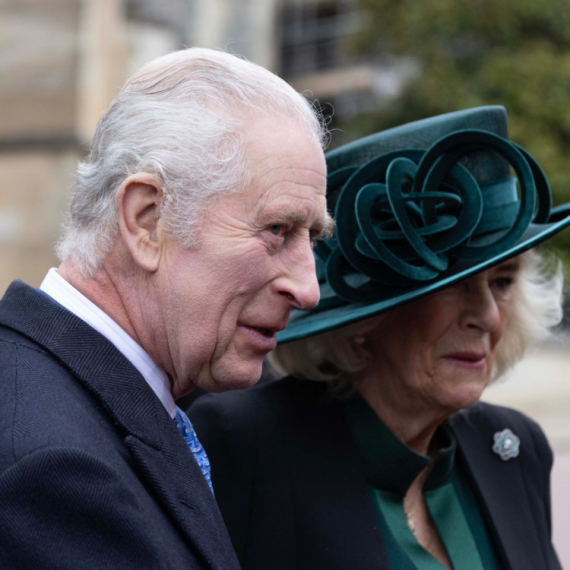






























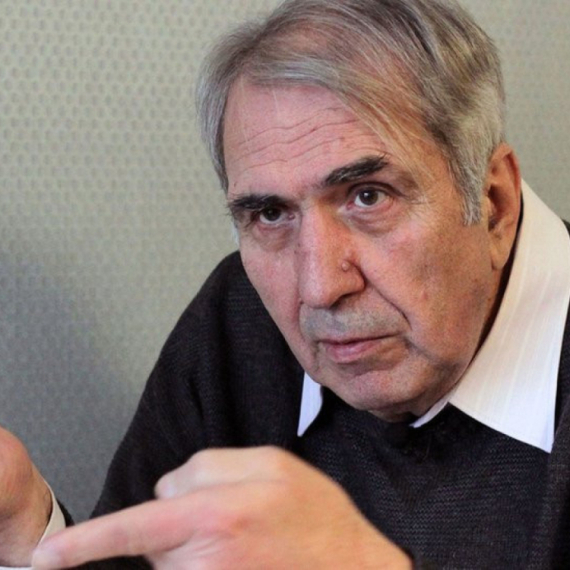
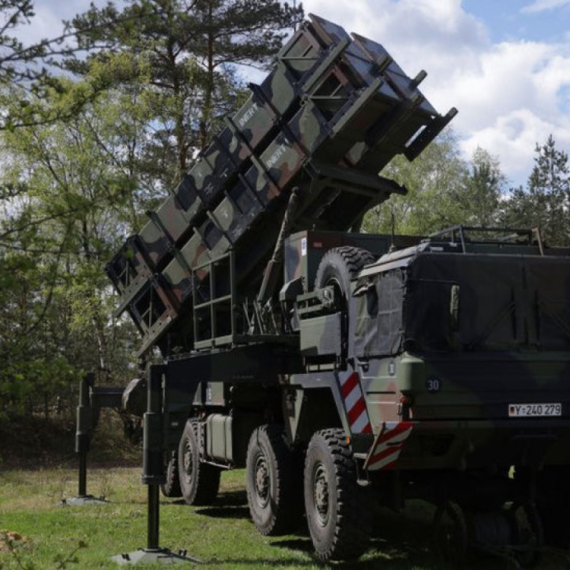

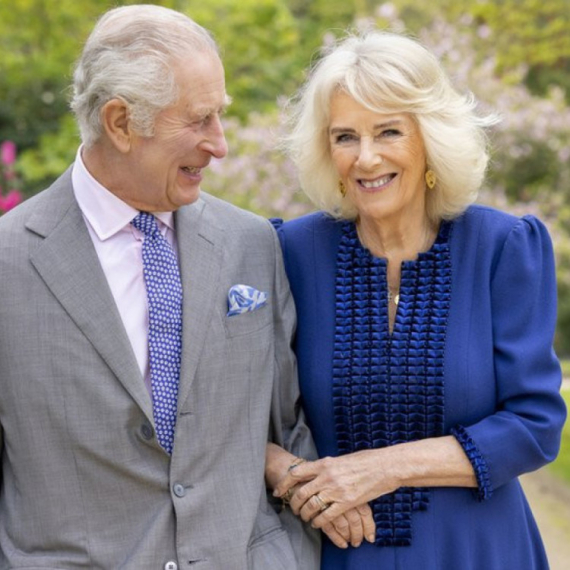


Komentari 24
Pogledaj komentare